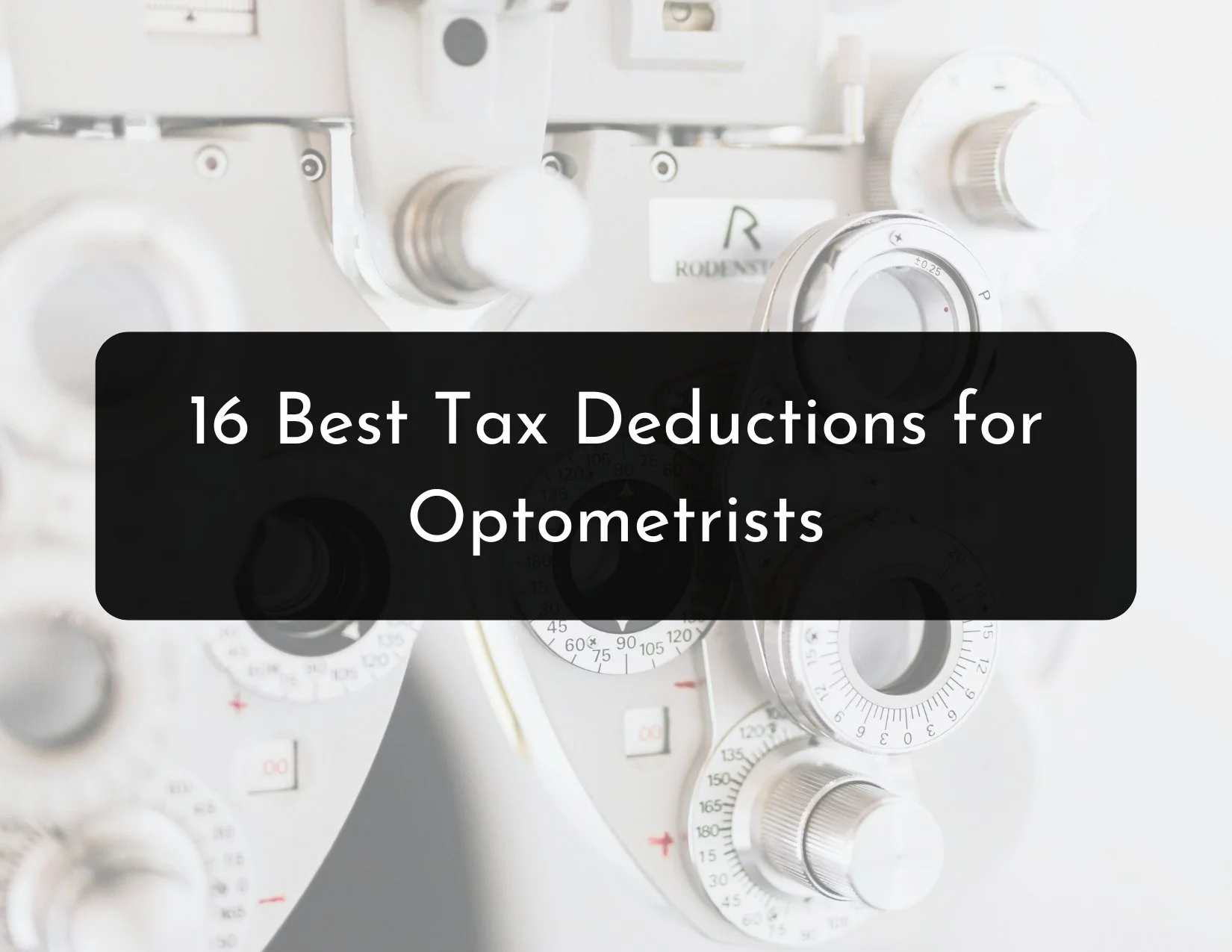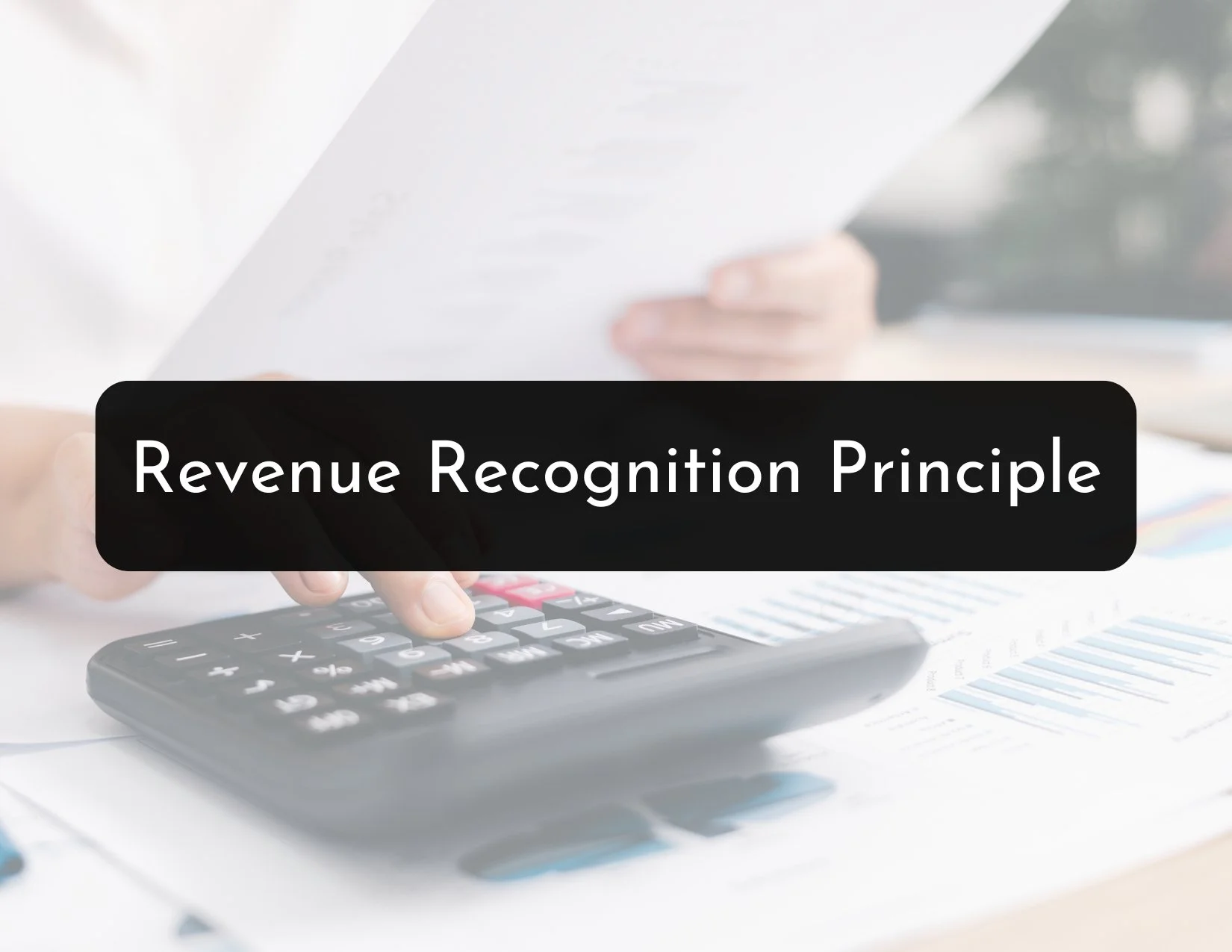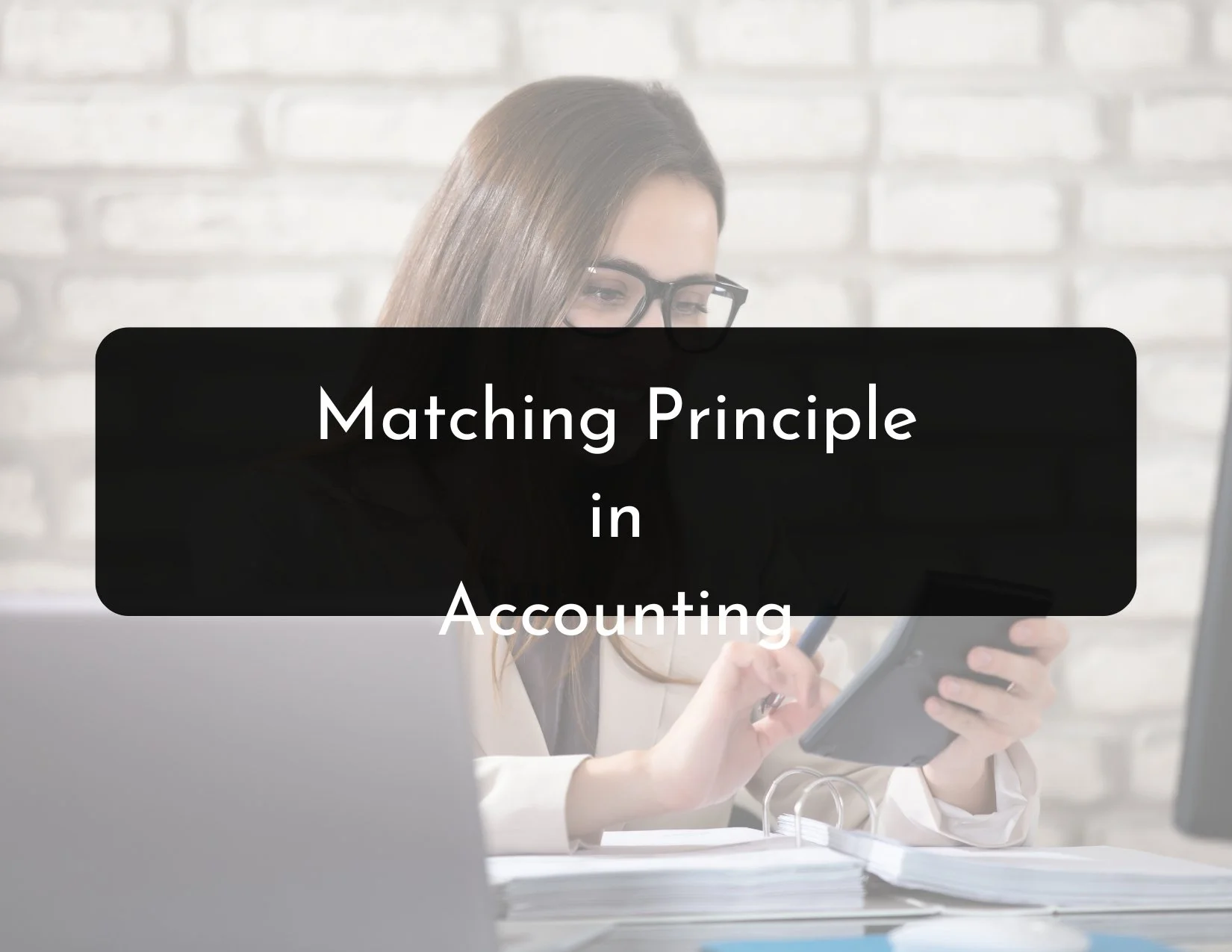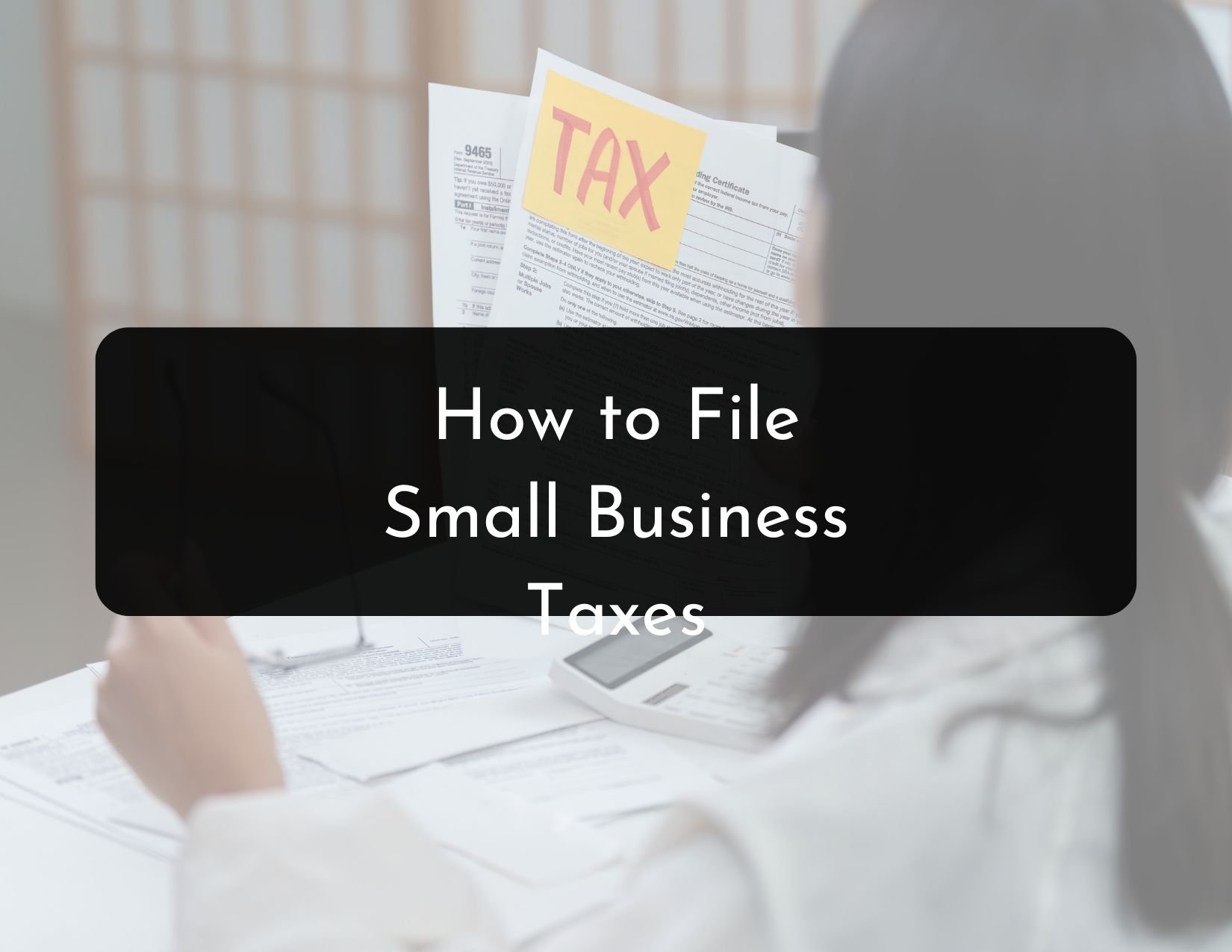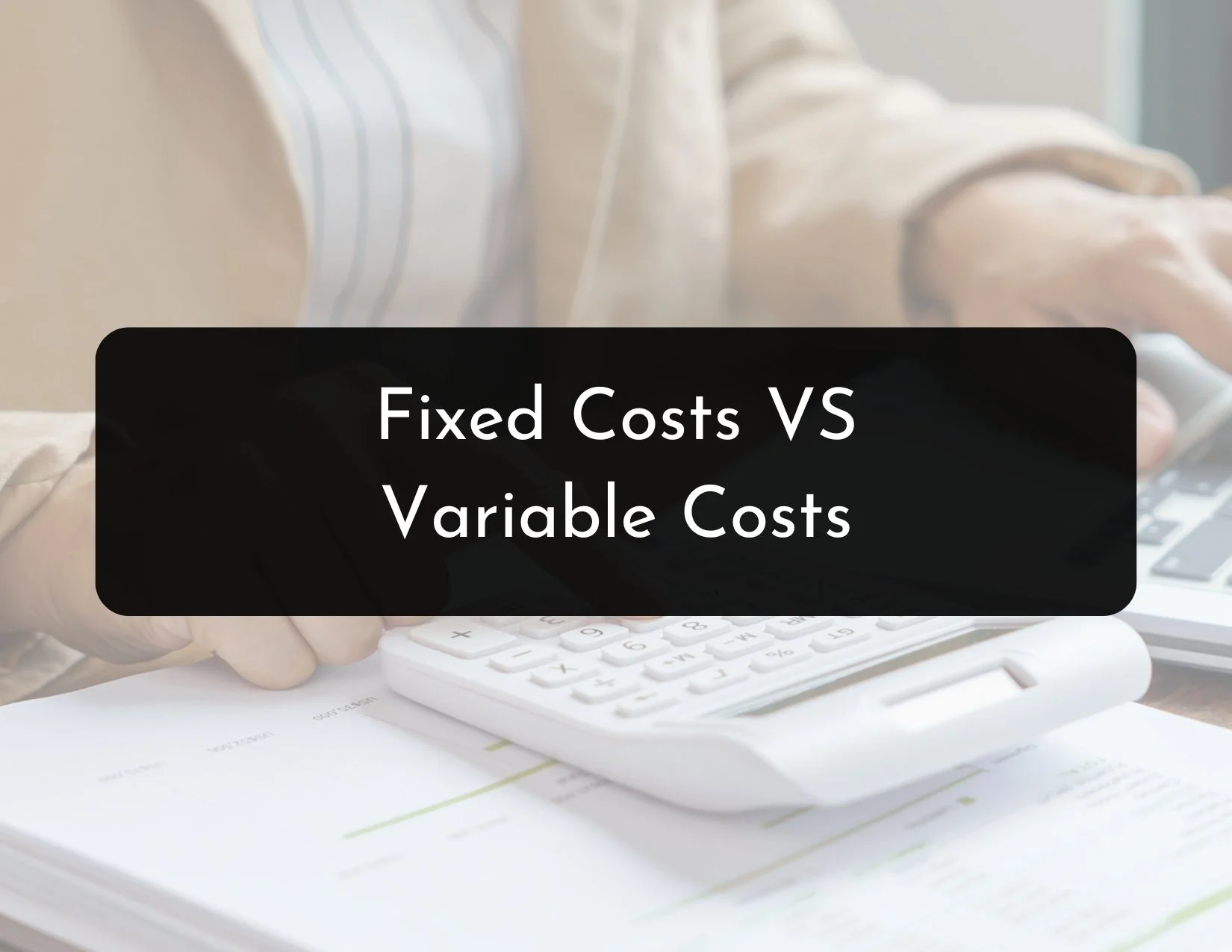Blog
16 Best Tax Deductions for Optometrists
Check out 16 tax deductions for optometrists to claim on their tax returns, including well-known deductions like wages, plus tricks like writing off bad debts.
3 Essential Dental Practice Financial Statements
Find out which three financial statements every dental practice needs, and how to use them to make your business more profitable.
Revenue Recognition Principle
Get professional insights into revenue recognition under GAAP and IFRS, how this principle works, and the 5-step model for recognizing revenue.
Debit vs Credit Accounting Explained
Learn debit vs credit accounting basics, including how debits and credits work, when to apply each, and their role in maintaining balanced books.
What Is the Matching Principle in Accounting?
Discover how the matching principle in accounting aligns expenses with revenue to improve profit accuracy, financial reporting, and smarter business decisions.
How to File Small Business Taxes
Find out how to file small business taxes accurately, stay compliant with federal and state rules, maximize deductions, and avoid mistakes with expert guidance.
What Are Fixed Costs and Variable Costs?
Learn what fixed costs and variable costs are, how to calculate them, and how to make your business more profitable.
Should I Hire a Bookkeeper or Do My Own Bookkeeping?
Find out whether you should hire a bookkeeper, how SMBs benefit from outsourced bookkeeping, and when to hire an accountant or CFO.
LIFO Reserve & How to Calculate It
Learn what a LIFO reserve is, how it helps with tax planning, how to calculate it, and its importance for small businesses.
FIFO vs LIFO Inventory Valuation for SMBs
Find out the main differences between FIFO and LIFO, the pros and cons of each, and how inflation impacts inventory value using each method.
Are Business Grants Taxable Income?
Learn if grants are taxable for businesses, which grants are tax-exempt, IRS treatment of cash and non-cash grants, and best practices for staying compliant.
Gross Margin vs Net Margin in Accounting
Find out the difference between gross margin vs net margin, how to calculate them, and why they’re both essential for running a profitable business.
Contributions in Accounting: 3 Meanings Defined
Explore what a contribution is in accounting, including explanations and examples of three different types of contributions and how they relate to your business.
Post-Closing Trial Balance Explained With Examples
Find out the role the post-closing trial balance plays in accounting, why it’s important in businesses, and how to prepare it while avoiding common mistakes.
Inventory Depreciation - Accounting for Value Loss
Discover what inventory depreciation is, accounting methods for inventory value loss, and why recording inventory write-downs is important for accurate books.
Depreciation Recapture: What It Is and How to Calculate It
Find out what depreciation recapture is, how to calculate it based on property type, and tax planning strategies to reduce your exposure.
Do I Need an Accountant for My Small Business?
Learn when you need an account for your small business, what services accountants provide, and how they help business owners achieve their financial goals.
How Much Income Can a Small Business Make Without Paying Taxes?
Discover how much income a small business can make without paying taxes and the tax strategies, like claiming tax deductions, that reduce taxable income.
Best Accounting Firms in Jacksonville, Florida
Compare top accounting businesses in Jacksonville, Florida, to find the right partners for your personal and business’s financial needs
Guide to Dental Equipment Depreciation
Learn the inner workings of dental equipment depreciation, including qualifying equipment, depreciation timelines, and strategies to make depreciation work for you.

